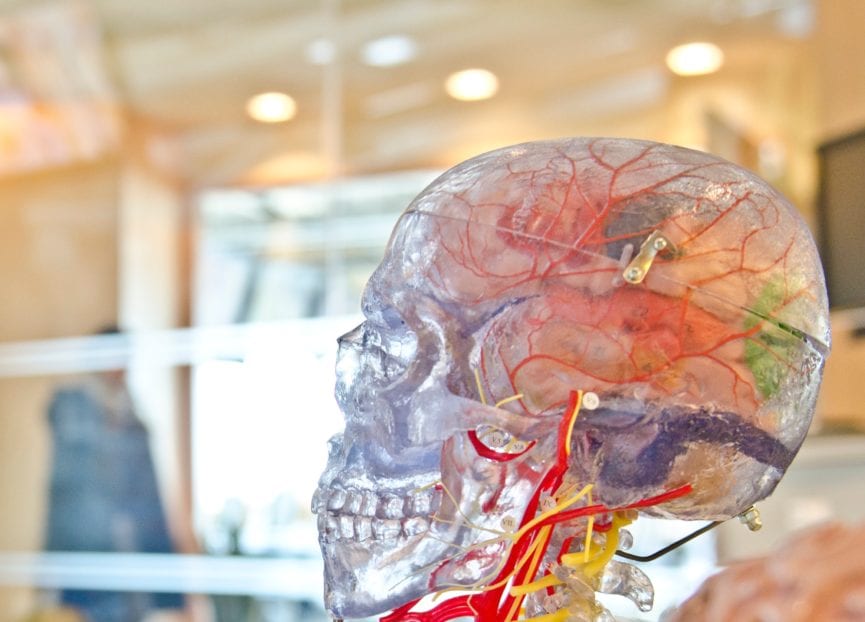Healthy adults can typically recognize when their blood sugar may be becoming too low. It triggers physical symptoms such as dizziness, sweating, weakness, and rapid heartbeat, just to name a few. Plus, their body responds by producing glucose and initiating the brain to signal for food. However, in individuals with type 1 diabetes, the brain does not always respond in this way.
A recent study found that the areas of the brain activated by low blood sugar in adults without diabetes are not the same as those in adults with type 1 diabetes. In brain scans of non-diabetic adults, areas associated with reward, motivation, and decision making showed changes during brain scans. However, only half of the individuals with T1D experienced similar changes, and only in one area of the brain – the area associated with attention – and the other half experienced no changes. Their brain showed no noticeable response to having low blood sugar, which is why individuals may miss cues that others would typically pick up on.
According to Janice Hwang, M.D., assistant professor of medicine and first author on the study, “There is a progressive loss of coordinated brain response to low blood sugar as you go from healthy adult to aware to unaware. The first areas of the brain to go are associated with feeding behavior.” The researchers are hoping that these findings will lead to more effective ways of restoring low blood sugar awareness in individuals with T1D who have lost this awareness.
It is these types of discoveries that help to improve understanding of how T1D affects the brain and body and allows researchers to develop more effective ways of treating and managing the condition. The Diabetes Research Connection supports early career scientists striving to advance research regarding the treatment, prevention, diagnosis, and management of T1D. Researchers can receive up to $50,000 in funding to apply toward their project. To learn more or support these efforts, visit http://diabetesresearchconnection.org.

